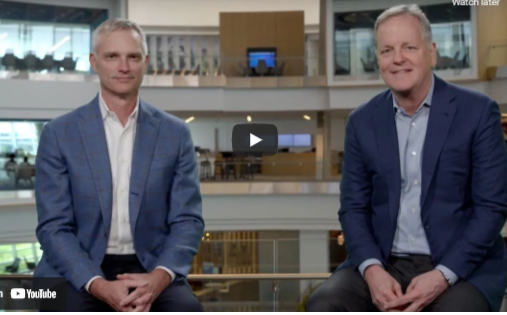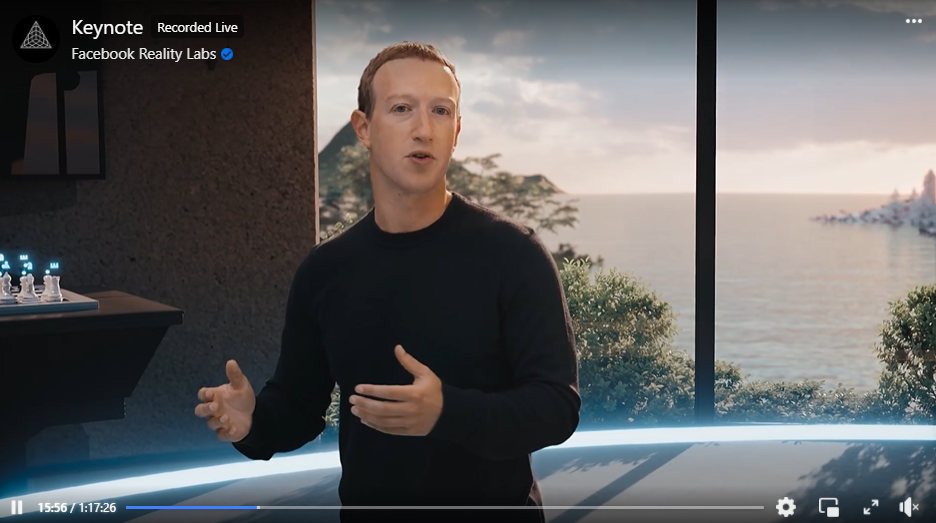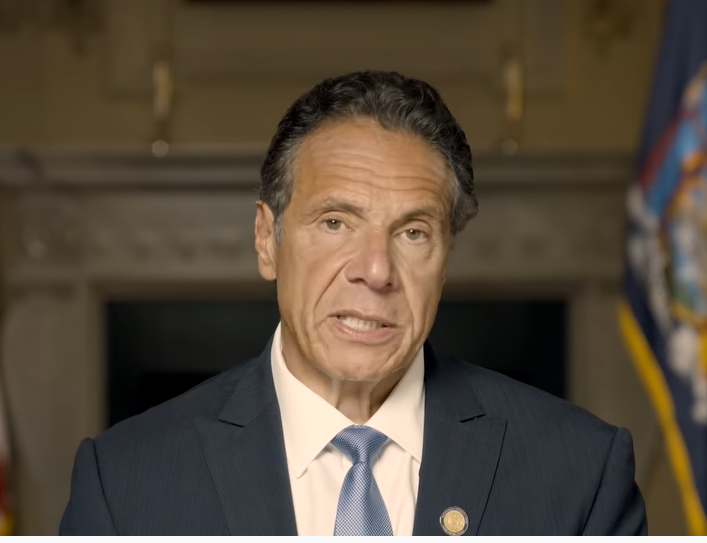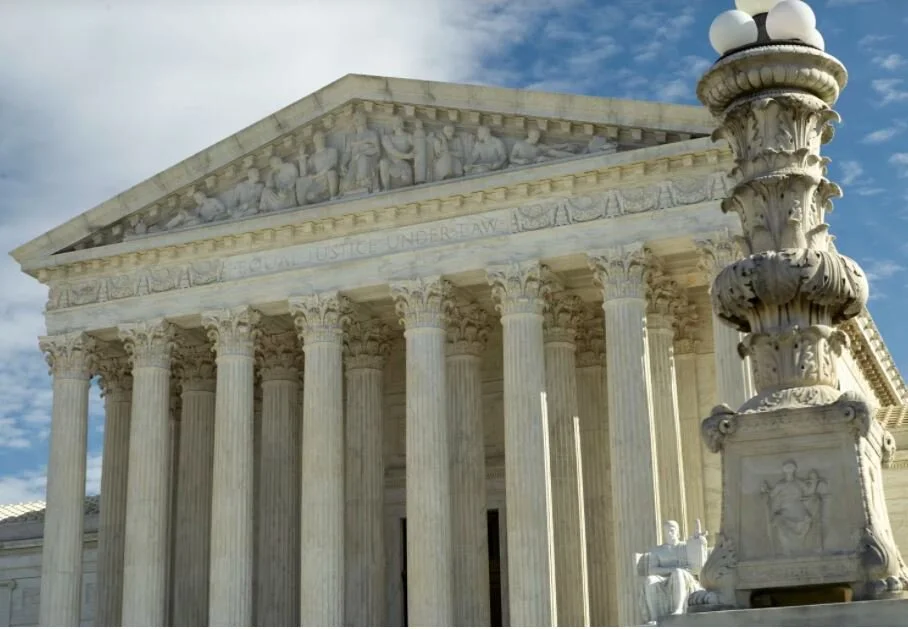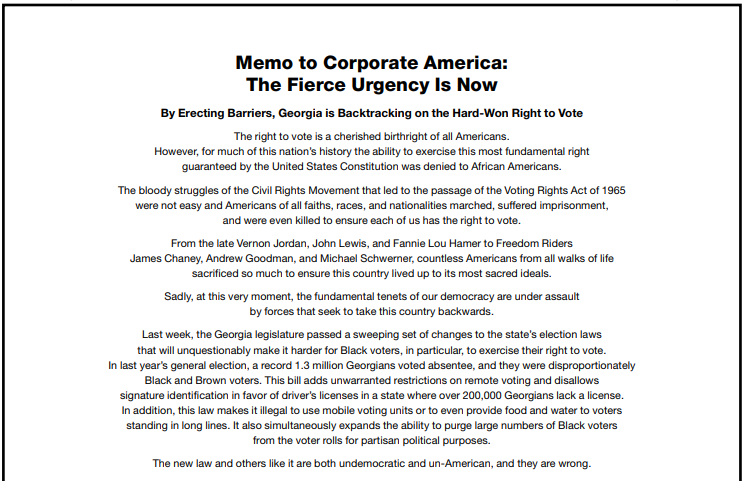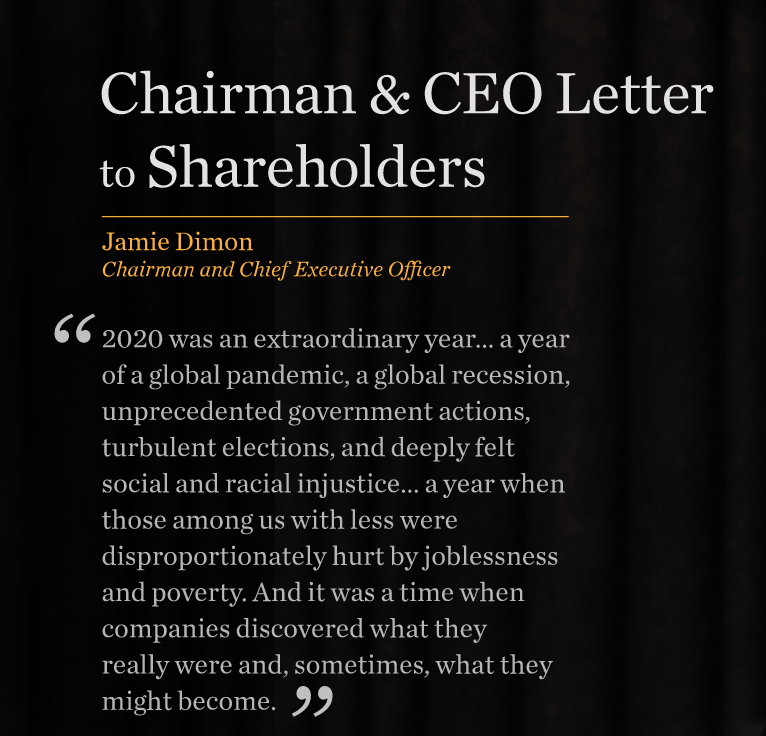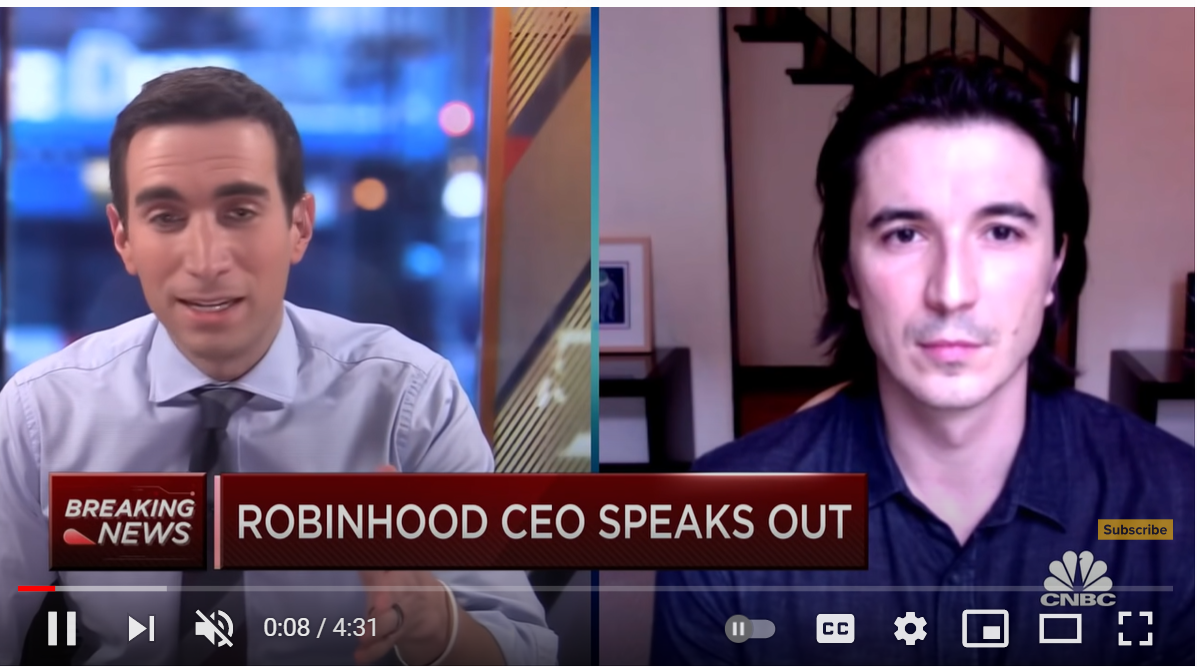A Good Apology
Sorry Watch assessors gave rave reviews to an apology from DisCon III, a science fiction convention. Sorry Watch identifies the following criteria for a good apology:
Use the word “sorry” or “apologize.”
Name the offense. (Not “what happened.”)
Take responsibility.
Show you understand the impact.
How will you ensure this doesn’t recur?
Make amends.
These suggestions align with academic research on apologies described in Chapter 7 of Business Communication and Character. (For example, see Roy J. Lewicki, Beth Polin, and Robert B. Lount Jr., "An Exploration of the Structure of Effective Apologies," Negotiation and Conflict Management Research 9 (2016): pp. 177–196).
DisCon accepted sponsorship from Raytheon, a defense contractor, and not everyone agreed with the choice. In addition to conference organizers, award recipients, who were unaware of the sponsorship, suffered harsh criticism.
The conference chair stepped up, describing what happened, acknowledging the impact, taking responsibility, and identifying future actions. Other than apologizing, amends or reparations are difficult to imagine in this situation. Mary Robinette Kowal did what she could and demonstrated several character dimensions, for example, accountability, humility, vulnerability, compassion, and courage.
I am Mary Robinette Kowal, and I was the chair for DisCon III. I take full responsibility for accepting Raytheon Intelligence and Space as a sponsor, and I apologize for doing so.
The decision tree that led us to this point is filled with branches that sound like excuses for my own culpability. At the root of it is simply that in accepting funding from Raytheon Intelligence and Space and partnering with them for the members’ red carpet event, I was wrong.
That choice has caused harm and damage to people: the finalists, who were unaware; the people in our communities; the members and staff of Worldcon, who trusted me to make good choices.
I am sorry that I let you all down.
DisCon III is making an anonymous contribution to an organization dedicated to peace, equal to the amount we received from Raytheon. I am also personally contributing to the same organization.
The delay in responding added to the distress that we caused. For this, I ask your forgiveness. We needed to have conversations that were slowed by post-convention travel.
For the past several days, we have read your comments in email and on social media. Thank you for sharing them with us and trusting that you would be heard and taken seriously. Your honesty and sincerity are what make our community a better place.
Future conrunners can avoid our mistakes by:
Developing a sponsorship policy for your organization that reflects the values and concerns of our community.
Creating a robust plan for doing due diligence on potential sponsors.
Creating a mission and value statement against which to measure actions.
We did none of those. Our Code of Conduct says that DisCon III aims to build an inclusive community for all fans. This sponsorship did not achieve that goal.
I cannot erase the harm that my actions caused. This happened on my watch. It is my fault, and I am deeply sorry for the pain I caused.
Signed,
Mary Robinette Kowal
American Airlines Leadership Announcement
In a video and website statement, American Airlines announced a new CEO. President Robert Isom will succeed Doug Parker, who served as CEO for two decades. Parker will become the board chair.
The company statement is typical, with glowing quotes to be easily lifted into news articles. A two-and-a-half-minute video of Isom and Parker is upbeat, with each executive complimenting the other. The primary audience is employees, although the video is posted on YouTube, clearly intended for the press and public as well.
Obviously scripted, the video includes some staid language, for example, “I’m confident that now is the right time,” “with change, comes opportunity,” and “together, we will achieve great things.” What a great example to analyze with class. I wonder how students would describe the communication objectives and assess the delivery style and how well the executives achieved their purpose.
Dorsey’s Resignation Email
After co-founding and leading the company, Jack Dorsey has resigned from Twitter. He was with Twitter for 16 years and says now is the right time to create some distance from the company founders. In a email to employees, which he tweeted for transparency, Dorsey describes his confidence in the new CEO, Parag Agrawal, and board chair.
The email reminds me of “One Last Time” in Hamilton, in which George Washington explains that he won’t run again for president. Dorsey seems to know that his time is up, and he is making space for others.
He may be tired of the pressure on tech companies, including an activist investor. Dorsey also continues to serve as CEO of Square.
His email lacks some more common features of CEO resignations. I expected to see a recount of Twitter’s successes going back to the early days, but we read none of that. Perhaps Jack is, as he says, ready to move on.
Facebook Becomes “Meta”
In the midst of controversy after internal documents were made public, Facebook is trying to reinvent itself with a new name: Meta. The company promises that “the metaverse will be social. 3D spaces in the metaverse will let you socialize, learn, collaborate and play in ways that go beyond what we can imagine.” After staying behind the scenes for the past few weeks, as the press cited internal strife as evidence of the company’s wrongdoing, Facebook’s CEO and Founder Mark Zuckerberg is out in front.
In a 1 hour and 17 minute video, Zuckerberg focuses on the “immersive experience” we’ll enjoy in the future. He emphasizes connection, which has been the company vision since around 2017.
Perhaps in a nod to the ongoing criticism of apps’ negative influence and relentless draw through algorithms, Zuckerberg says, “This isn’t about spending more time on screens. It’s about making that time we already spend better.” Of course, some of us still want to spend less time and want the same for our children. Zuckerberg also acknowledged, “The last few years have been humbling for me and my company in a lot of ways.”
Reactions to the name change are mixed but seem mostly skeptical. A Washington Post article points to a tweet: “Don’t forget that when Phillip Morris changed it’s name to Altria it was still selling cigarettes that caused cancer.”
Zuckerberg’s video is a good example of a scripted presentation with a (somewhat) conversational style. As he moves about, we see, as the Post describes, “a dizzying array of scenes that showcased the company’s vision for the metaverse. It included Zuckerberg doing his favorite water sport, hydrofoiling, with friends in a virtual environment, and then jumping into work meetings from a virtual home office, boxing with virtual avatars and working out on a virtual lily pad.” All this certainly would make me spend more time online and give me more reasons to never leave my house.
Business communication students can also analyze Zuckerberg’s “letter,” referring to a formal public message—not, of course, something mailed. I would say the same for the “keynote,” which is unlike any I’ve ever seen.
Congressman's "Bizarre" Video
Jeff Fortenberry, U.S. representative for Nebraska, was facing indictment for falsifying and concealing information and for lying to investigators about 2016 campaign contributions. In a video called “unusual” and “bizarre,” Fortenberry speaks to the camera from his truck with his wife and dog in the background. He says they are “out for a drive” in his 1963 Ford pick-up.
The video is an interesting attempt at authenticity to sway public opinion. Fortenberry wants us to believe that he is a trustworthy, everyday man—a victim rather than a criminal. He tells the story of FBI agents coming to his house “on a weekend” after a cyclone hit. With an incredulous tone, Fortenberry says, “We’re shocked. We’re stunned. I feel so personally betrayed.”
I wonder what counsel Fortenberry received or whether it was his own idea to create the video. Either way, based on the news reports and the indictment, which came later that day, Fortenberry’s message did not favorably affect the outcome for him. His arraignment is planned for later this week.
Bad-News Message: Hasbro CEO
Toy company Hasbro announced the death of Chairman and CEO Brian Goldner. The press release is typical, quoting leaders and touting Goldner’s contributions to the company. Goldner was with Hasbro for more than 20 years and served as CEO for more than 13, so his death is significant.
Interestingly, the company statement doesn’t include a cause of death. A Wall Street Journal article mentions Goldner’s prostate cancer diagnosis in 2014 and his recent leave of absence.
Visionary CEO Transformed Hasbro into a Global Play & Entertainment Leader
PAWTUCKET, R.I.--(BUSINESS WIRE)--Oct. 12, 2021-- It is with deep and profound sadness that Hasbro announces the passing of beloved leader and longtime Chairman and CEO Brian D. Goldner.
This press release features multimedia. View the full release here: https://www.businesswire.com/news/home/20211012006149/en/
Brian D. Goldner (Photo: Business Wire)
Rich Stoddart, Interim CEO, said “Since joining the Company more than two decades ago, Brian has been the heart and soul of Hasbro. As a charismatic and passionate leader in both the play and entertainment industries, Brian’s work brought joy and laughter to children and families around the world. His visionary leadership, kindness, and generosity made him beloved by the Hasbro community and everyone he touched. On behalf of the Hasbro family, we extend our deepest, heartfelt condolences to his wife, daughter, and entire family.”
Mr. Goldner, 58, joined Hasbro in 2000 and was quickly recognized as a visionary in the industry. He was appointed CEO in 2008 and became Chairman of the Board in 2015. He was instrumental in transforming the Company into a global play and entertainment leader, architecting a strategic Brand Blueprint to create the world’s best play and storytelling experiences. Through his tireless work ethic and unwavering focus, he expanded the Company beyond toys and games into television, movies, digital gaming and beyond, to ensure Hasbro’s iconic brands reached every consumer. The culmination of his pioneering strategy was the 2019 acquisition of independent entertainment studio eOne. Mr. Goldner served on the Board of Directors of ViacomCBS and was the Chair of the Compensation Committee. Mr. Goldner and his wife Barbara were passionate advocates for improving systems of care for vulnerable members of society.
Edward M. Philip, Lead Independent Director of Hasbro’s Board of Directors, said “Brian’s passing is a tremendous loss for Hasbro and the world. Brian was universally admired and respected in the industry, and throughout his over twenty years at Hasbro, his inspiring leadership and exuberance left an indelible mark on everything and everyone he touched. A mentor and friend to so many, his passion and creativity took Hasbro to new heights. Our love and thoughts are with his wife, daughter, and family during this extraordinarily sad time.”
New Research About Remote Work
A new study identifies advantages and challenges of working from home (WFH). A New York Times article cites little research in the area, but a recent paper published in the Quarterly Journal of Economics provides insights for companies and employees considering WFH arrangements.
The study was at Ctrip, a Chinese travel agency. The abstract follows:
Call center employees who volunteered to WFH were randomly assigned either to work from home or in the office for nine months. Home working led to a 13% performance increase, of which 9% was from working more minutes per shift (fewer breaks and sick days) and 4% from more calls per minute (attributed to a quieter and more convenient working environment). Home workers also reported improved work satisfaction, and their attrition rate halved, but their promotion rate conditional on performance fell. Due to the success of the experiment, Ctrip rolled out the option to WFH to the whole firm and allowed the experimental employees to reselect between the home and office. Interestingly, over half of them switched, which led to the gains from WFH almost doubling to 22%. This highlights the benefits of learning and selection effects when adopting modern management practices like WFH.
Remote employees seem to suffer bias. A study author put it simply, “They can get forgotten.” Informal conversations and other face-to-face interactions increase belonging—they create “in groups” and “out groups.” As a result, some people are better known and trusted, particularly by senior leaders, who are more likely to be in the office. These relationships lead to more mentoring, sponsorship, and promotion opportunities. With more women wanting to WFH than men, this issue could increase gender inequality at work.
WFH employees should aim to increase their social presence—reducing the perceived physical distance. A Forbes writer offers good advice for building relationships from afar:
Share openly.
Assume goodwill of others.
Stay in close proximity.
Be predictable.
Be easy to read.
Support others.
Be selective about your relationships.
Hold others accountable.
Demonstrate integrity and tell the truth.
In the coming years, as more companies offer the option and more employees choose to WFH, we'll learn more about how to successfully WFH.
Report Details Governor Cuomo's Pattern of Sexual Harassment
The New York State attorney general published a 165-page report detailing how Governor Andrew Cuomo has sexually harassed women for years and how a culture of “fear and intimidation” allowed his behavior to continue.
In addition to the report, other communications about the situation are interesting examples, particularly of persuasion:
Governor Cuomo’s video response
NY Times opinion calling for his resignation
What makes each of these messages credible—or not—is a rich topic of discussion. The report and other messages use details and examples to prove their points. In his video message, the governor intersperses images of him hugging and kissing many people. His strategy is to “normalize” and de-sexualize his behavior. However, the report describes incidents that go beyond these displays and concludes that the governor violated federal and New York State sexual harassment law.
Update: Governor Cuomo resigns. In a video, he explains his decision, which seemed inevitable.
Free Speech Case
In an 8-to-1 vote, the U.S. Supreme Court ruled that a high school cheerleader could use F-bombs on social media. The student was suspended from the team after posting a video and disparaging the team and the school. But the court upheld her right to free speech.
The justices did say that the school has the right to take action when a student’s behavior in person—or online—is disruptive to the classroom, but they didn’t believe that this case warranted the school’s decision.
This was an important decision but left the door open to other cases. As one attorney said, the decision was “common sense,” but others might be greyer and more complex.
Resume Gaps
A Wall Street Journal columnist tells us, “Don’t Sweat Your Pandemic Résumé Gap.” High school students have gotten a reprieve from taking some standardized tests for college applications, and that generosity seems to have extended to prospective employees. People faced all sorts of challenges during the pandemic, and this reporter argues that employers will let it slide.
A survey of recruiters found that 49% believe a gap is now acceptable instead of a red flag. Recruiters say you don’t need to over-explain a gap, which could be due to family obligations. Instead, have a concise statement prepared such as, “I was glad to spend time with my family, and now I’m excited to get back to work.”
It will look good if you attended classes or earned a certificate during your time off, but that isn’t essential. At the same time, the optimistic article offers a warning: more than two years out of the workforce makes it difficult to re-enter.
I’m glad to see this article and hope the sentiment extends beyond pandemic times. I am a bit concerned about the survey response. If 49% of recruiters will make allowances for time off, what about the other 51%? Of course, the news affects women more than men because women were more likely to be home during the pandemic.
CEOs Speak Out
JPMorgan Chase published its Annual Report, leading with a letter from CEO Jamie Dimon. The introductory paragraph and corresponding callout quote reflect a leader’s and a company’s grappling with an extraordinary year.
Like many company leaders today, Dimon addresses societal issues directly. We’re seeing increasing employee and CEO activism, and this letter is a good example.
A Wall Street Journal opinion piece questions when leaders are even more direct about political events, such as Black leaders in Georgia speaking out against the election law decision. The law restricts voting rights, which doesn’t affect the companies directly. The WSJ editorial board writes, “To wit, they are pitting themselves against the interests of their own shareholders.”
The open letter appeared as a full-page ad in The New York Times, signed by Black CEOs, former CEOs, and others of major U.S. companies.
In my view, the CEOs demonstrate leadership character, particularly authenticity, courage, and integrity. By definition, demonstrating character carries some personal risk.
Royal Family Responds to Racism Allegations
In an interview with Oprah, Prince Harry and Meghan Markle accused the British royal family of racism, and the fallout is severe. Markle talked about having suicidal thoughts and how she had been treated by the family, including plans for the couple’s baby. She said he wouldn’t have a title or security, and that the family had “concerns and conversations about how dark his skin might be when he was born.”
Prince Harry said that he a discussion with his grandmother and two with his father about the couple’s concerns until his father “stopped taking my calls.”
Victoria Murphy, a writer for Town & Country magazine, describes the family’s reaction:
So far, the royal family has remained tight-lipped. There have been no statements and, it seems, very little guidance offered. Perhaps they are retreating into a default “no comment” stance, or perhaps they are sensibly waiting to see what sticks before deciding whether to add fuel to the fire. In this war of words, there is a sense that we could go on and on.
Buckingham Palace did release a short statement, and the Queen took some time before signing off:
The whole family is saddened to learn the full extent of how challenging the last few years have been for Harry and Meghan.
The issues raised, particularly that of race, are concerning. While some recollections may vary, they are taken very seriously and will be addressed by the family privately.
Harry, Meghan and Archie will always be much loved family members.
Of course, the issue is that the royal family is a public organization, with several public figures, whether they wish to be or not.
Two days later, Prince William gave an interview and said, “We’re very much not a racist family.”
Murphy sums up the situation: “Make no mistake, this is an interview that will go down in history as having rocked the British royal family to its core.”
Robinhood CEO Defends Decision to Block Trading
It’s been a wild week of investing in GameStop, AMC, and other companies, with amateur investors driving up prices. Investment app Robinhood decided to halt trading and was highly criticized. Robinhood was accused of not having enough liquidity to cover trades, succumbing to pressure from hedge funds, and trying to protect investors, yet interfering with their trading decisions and opportunities to gain high returns.
In a CNBC interview with Andrew Ross Sorkin, CEO Vlad Tenev defends the company’s decision to block trading. He denies the accusations but does mention the liquidity and responsibility. How clear is his explanation?
His video is a good one to analyze for his delivery skills and appearance. His skin and wall colors are rather pink, and although he sounds confident, he could move his upper body more to seem relaxed. Fillers signal a conversational style, which is appropriate here, but he overuses “um,” and I find it distracting.
GM CEO's Letters to Environmental Leaders
General Motors has changed its position on climate change. The company, led by CEO Mary Barra, had supported President Trump’s efforts to eliminate California’s ability to set its own strict environmental standards.
With a new incoming president, Barra communicated that the auto industry will likely support President Biden’s environmental policies. The news came in the form of a letter to environmental leaders and encouraged “customer adoption of electric vehicles.” Barra also touted GM’s ability to meet the demand. She ends on a positive note: “This effort is critical to addressing climate change, and we look forward to working together.”
A New York Times writer calls the move a “maneuvering” and “a public humiliation to Mr. Trump” since he was still in office at the time. A public policy professor noted, “This is about as bold as it gets. This huge pivot, so closely following an election result, particularly from a firm like General Motors, is a big, big deal.”
Tech CEOs Testify Before Congress
CEOs of four major tech companies—Google, Facebook, Apple, and Amazon—answered U.S. lawmakers’ questions about potential abuses of power. Themes from both Democrats and Republicans included relationships with third-parties, social media monitoring, advertising, search results, and other potential antitrust moves.
The CEOs joined by video and started with an opening statement. After that, no one was spared tough questions. Sundar Pichai was grilled about search engine results and Google’s business in China. Mark Zuckerberg defended its acquisition strategy. Jeff Bezos responded to accusations of using vendors’ data to build competitive products. And Tim Cook, who received the fewest questions, defended practices for developers, including fees charged through the App Store.
Discussion:
Watch the CEOs’ opening statements. Which were the strongest and weakest? On what criteria do you base your analysis?
Which leadership character dimensions do the CEOs exhibit or fail to exhibit.
Assess the CEOs’ delivery skills. What differences and similarities do you notice?
Now assess the technology set-up: lighting, background, camera angle, eye contact, and so on. What lessons do you learn for your own video meetings?
Company Statements About George Floyd's Murder
Business Insider has assembled a list of companies’ statements and promised actions following the killing of George Floyd and the public protests.
TikTok, General Motors, McDonald’s—many brands are jumping into the conversation and posting messages that are both placating and inspiring.
Discussion:
Read the list of statements and actions. Which sound most meaningful to you?
Should all brands post a message? Which should, and what is important to convey?
Atlanta Mayor Speaks to Protests
Atlanta Mayor Keisha Lance Bottoms delivered a speech from the heart and from her experience. Mayor Bottoms speaks from her experience as an African-American mother and implores people to protest peacefully.
Discussion:
Analyze the mayor’s speech: audience, communication objectives, organization, tone, delivery style, and so on. What works well, and what could be improved?
In what ways does this speech demonstrate authenticity? How does the mayor’s identity play a role in her message and her delivery?
New Zealand PM's Conversational Style
In business communication courses, many faculty encourage their students to use a natural, conversational style—to avoid reading from a script or memorizing a speech. A natural style allows speakers to connect with their audience and to demonstrate authenticity.
New Zealand PM Jacinda Ardern posted a video to “check in with everyone.” She is in a sweatshirt and says she just put her toddler to bed. Ardern discuss COVID-19 progress and asks people not to be “disheartened” by numbers, which may lag isolating behaviors.
In early April, PM Ardern declared that the tooth fairy and Easter bunny are considered essential workers.
Discussion:
Ardern uses fillers when she speaks—in other videos even more so than this one. Is that a problem? Why or why not?
How do you perceive her natural style: refreshing, inappropriate, or something else?
How would her style be perceived if she were the president of the U.S.?
A Leader Example in My Book Is Charged With Conspiracy
I was sad to see that Paul Kruse, former CEO of Blue Bell Creamery, has been charged with covering up the listeria breakout in 2015. In my book, Building Leadership Character, Kruse is a positive example of a leader who demonstrates vulnerability. His 2016 video announcing employee layoffs after the breakout was emotional and authentic.
Prosecutors say that Kruse delayed recalling tainted products, instructed employees to tell customers that product delays were caused by mechanical problems, and failed to take other appropriate action.
Blue Bell agreed to pay $19.5 million to the Department of Justice and posted a statement on its website, which focuses more on the future than on the past.
Discussion:
Can you reconcile both perspectives of Kruse as a leader? Could he be someone who covers up listeria and someone who gets emotional when talking about employee layoffs?
Assess the company’s statement. Who are the audiences, and what are the communication objectives?
Governor Cuomo's Leadership
A Wall Street Journal article analyzes NY Governor Cuomo’s leadership during the coronavirus pandemic. Crisis communication experts conclude that, although he’s not a naturally gifted orator, he is doing what the public needs now.
People appreciate the governor’s focus on facts and his direct style as well as his discussions of emotion and his brother’s illness, which “humanize” him.
The article sites Cuomo’s current popularity: “Gov. Andrew Cuomo’s job-performance rating soared in March to its highest level ever, according to a poll conducted by the Siena College Research Institute.”
Performer Randy Rainbow produced a funny video, “ANDY!” to the tune of “Sandy” from the musical Grease about his appreciation.
Discussion:
Read the article for other conclusions about the governor’s leadership style. With which ideas do you agree and disagree?
What other examples have you seen of people stepping up when the situation required them to be leaders? How did they do?



